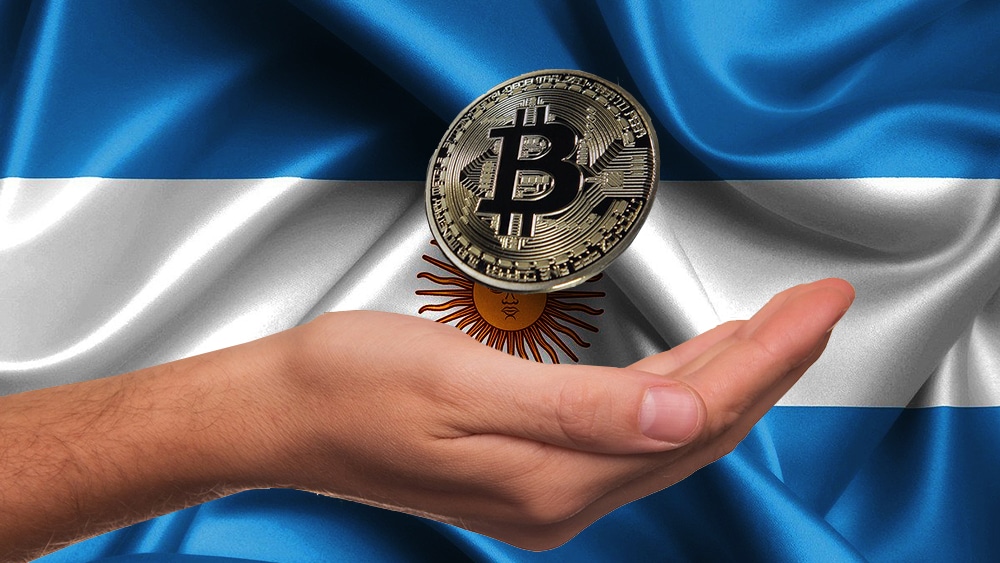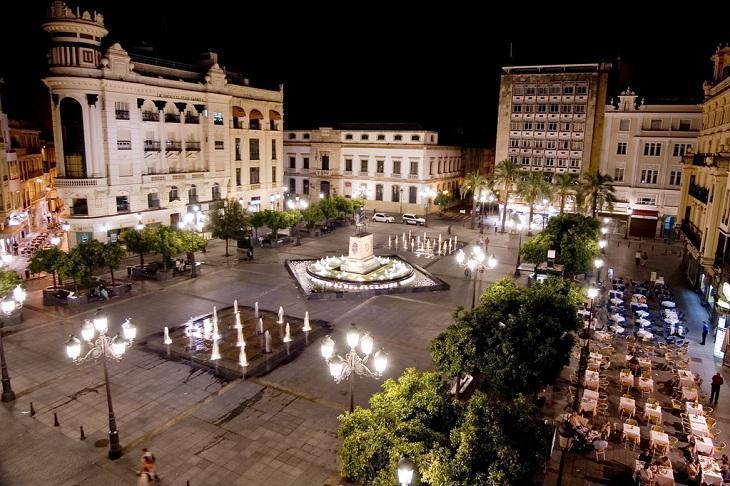RIO DE JANEIRO, BRAZIL – The central province of Córdoba, Argentina’s second technology hub behind Buenos Aires, appears to have had enough of waiting for the national government to act on crypto tax – and has instead moved to introduce a local tax on the crypto activities of its residents. Known as the country’s Silicon Valley, several hundreds technology firms already call the city home.

The province recently modified its Tax Code to include in gross revenues “the provision of services of any nature, directly or indirectly linked to operations related to digital currencies.” With this, it will impose a rate between 4.5% to 6.5% on the income obtained by exchanges, traders and individual merchants that operate with bitcoin, Ethereum and other cryptocurrencies in the province.
The modification contemplated in the official gazette also includes service providers with cryptocurrencies that operate abroad. In this case, the tax would be charged for each user operating from Córdoba. Individuals or legal entities of the province that receive transactions in cryptocurrencies as payment for the sale of a good or the provision of a service will pay a special rate of 0.25%.
The new impost has received strong criticism and general comments, as the regulations leave doubts and gray areas. Among the criticisms is that of Marcos Zocaro, a specialist in taxation and regulation of cryptocurrencies, who published a document from the Center for Tax Administration Studies (Ceat), in which he issues a series of warnings about the inaccuracies of the reform measures in the provincial Tax Code.
Zocaro states that the reform attempts to define the concept of digital currency, but a correct differentiation of the different types of cryptoassets is not made. According to his comments, “cryptocurrencies such as bitcoin (with no underlying asset) are given the same treatment as stablecoins and security tokens (which can represent a traditional negotiable security, such as, for example, a share).”
Another concern arises with respect to the tax base contemplated in Article 185 of the tax measure. This article states that “in cases where the activity carried out is remunerated with digital currencies, the amount may not be less than the market value – emerging from supply and demand.”
On this point, Zocaro wonders what will be the market value of bitcoin that should be considered to set the tax? He adds that the norm does not take into account that the price of cryptocurrencies varies between different exchanges and other service providers.
Another aspect that the specialist observed is related to the term “digital currency site” that is mentioned in Article 185. But “what should be understood specifically by digital currency site? Are you just referring to exchanges or other types of ‘sites’? The particular characteristics of these markets will require the existence of greater regulatory definitions, in order to avoid unnecessary conflicts with the tax administration,” says Zocaro.
There are also concerns that the Treasury is now empowered to request information from users in Córdoba that operate on exchanges and other service platforms with bitcoin and other cryptocurrencies. This is due to the fact that Article 47 of the Tax Code obliges taxpayers, persons responsible and third parties to “submit in a timely manner the informative affidavit related to operations carried out with digital currencies.”
That the regulations of the province of Córdoba do not offer clarity is not surprising, given that a similar situation occurs at the national level, since cryptocurrencies are affected by taxes on Income and Personal Assets, in which there is also no clarity . “The reform was made in 2018 and until now the Federal Administration of Public Revenues (Afip) has not issued its opinion on how to interpret the letter of the law,” said Zocaro.

In Argentina, the adoption of bitcoin and other cryptocurrencies is booming. It is the consequence of a population affected by inflation and devaluation of the national currency that has found refuge in crypto assets.
In the midst of this, regulatory bodies have raised the need to establish a regulatory framework applicable to cryptocurrencies. Therefore, there are several bills that are controversial due to their lack of clarity. However, a tax on activities with cryptocurrencies for the residents of Córdoba, that can be replicated in other provinces of Argentina, is something that also raises concern.
“It is not yet in force, the resolution did not come out. But when it comes out, the exchanges will raise the price, initially for the Cordoba market. All those who are unlucky enough to be affected will pay more to buy cryptocurrencies,” said Andrés Salamone, president of the NGO Bitcoin Córdoba in conversation with Argentine media.
Salamone adds that Argentina should be joining efforts to generate a State policy and become a significant player in the crypto world. But Instead of encouraging investment in this business, they are discouraging it. In addition, he points out that the computer talent that abounds in Córdoba will end up migrating to other provinces or even abroad, since no company in the sector is going to want to settle there.

On the other hand, Argentine entrepreneur Manuel Beaudroit, an expert on the ecosystem, said that there will be a pronounced doubling in the virtual currency market as it exists today with the dollar. According to him, the exchanges that will report their movements to the AFIP and the Central Bank, will become official entities and will have an even higher price that P2P platforms, which are positioned abroad, are pointed out by the local media.
In fact, Zocaro agrees that it will cause the “sale of these assets to remain informal in a considerable percentage to avoid paying the tax.”
There are even those who think that a ‘Blue Bitcoin’ (like the Blue Dollar) will be generated that will affect all users. This is due to the fact that there will be more undeclared operations, outside the scope of the treasury, like the informal dollar. Furthermore, it is said that the measure incentivizes peer-to-peer (P2P) trading to operate under the radar of regulators and without taxes. The Blue Dollar AKA Dolar Blue or unofficial dollar is a parallel dollar rate in Argentina. This is the cost of buying and selling a physical dollar bill in a clandestine currency exchange house.
In Argentina, the payment of taxes related to cryptocurrencies also caused controversy in November of last year. As reported by CriptoNoticias, Mercado Pago announced that it would begin to collect the tax that until then was exempt from its services. For that reason, when transferring pesos from the virtual wallet to third party bank accounts to buy bitcoin and other cryptocurrencies, the tax on credits and debits in bank accounts and other operations must be included.
La Docta
Córdoba is the second largest city in Argentina, with about 1.4 million inhabitants, and is the capital of Cordoba province. It is in the heart of the Argentine territory on the Pampas. The city is surrounded by valleys, formed up by three main mountain groups. It is known for the colonial buildings in the center as well as for the beautiful hills in the surroundings.
The city is known by many as La Docta because of its many universities and scientific institutes. Around 200,000 people study here, which makes the city’s population one of the youngest and liveliest in South America.
Today, Córdoba is Argentina’s second technology hub behind Buenos Aires and leads above-all in motor industry and in high-tech sectors like software and electronics. Known as the country’s Silicon Valley, several hundred technology firms already call the city home.
Source: Explica.co

